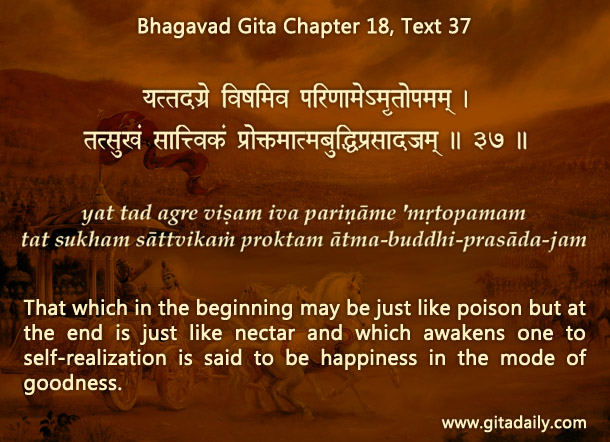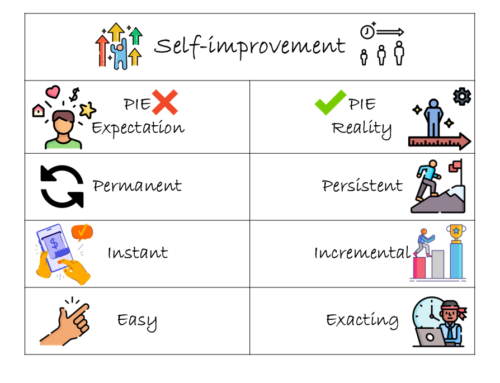What does growing up mean? – 2- When someone complains too much about how hard things are, they are sometimes told to grow up. What does that mean? It means to understand that good things don’t come free, to be ready to pay the price for getting what we prize.
For newborn babies, the only currency for transaction is crying — when they cry, their parents figure out why they are crying and provide what they need. As the babies grow up and learn to speak, asking becomes their currency for getting their needs and wants. But in adult life, hardly anything comes by crying or merely by asking.
To fulfill our needs and desires, we have to pay. Money, of course, requires hard work. And getting good things requires not just money, but also virtue. Consider good relationships. Parading our wealth may start a relationship, but sustaining it requires our cultivating the virtues that keep us attractive or at least acceptable to others. Acting virtuously can be hard work, especially amid threats or temptations. Pertinently, the Bhagavad-gita states that refined joys lie at the other side of a layer of poison (18.37). The poison refers to the discipline and diligence necessary to get resources and virtues. If we try to escape that poison, we stay stunted, resentful and vengeful.
Thankfully, if we just get down to doing the difficult-seeming things and survive the initial poison, we often find that the poison is not as bitter as we had dreaded. Simultaneously, through our persistence, we become stronger internally, thereby increasing our capacity to tolerate the poison. When we thus pay the price, we grow and outgrow resentment
One-sentence summary:
Growing up means acknowledging that good things come at a price and readying ourselves to pay the price that’s necessary..
Think it over:
- How does our currency for transaction change with time?
- How does the Gita explain the need to pay a price and a variable price at that?
- Do you feel resentful about something? How can you use Gita wisdom to address that resentment?
***
18.37: That which in the beginning may be just like poison but at the end is just like nectar and which awakens one to self-realization is said to be happiness in the mode of goodness.



JAPA guides your growth